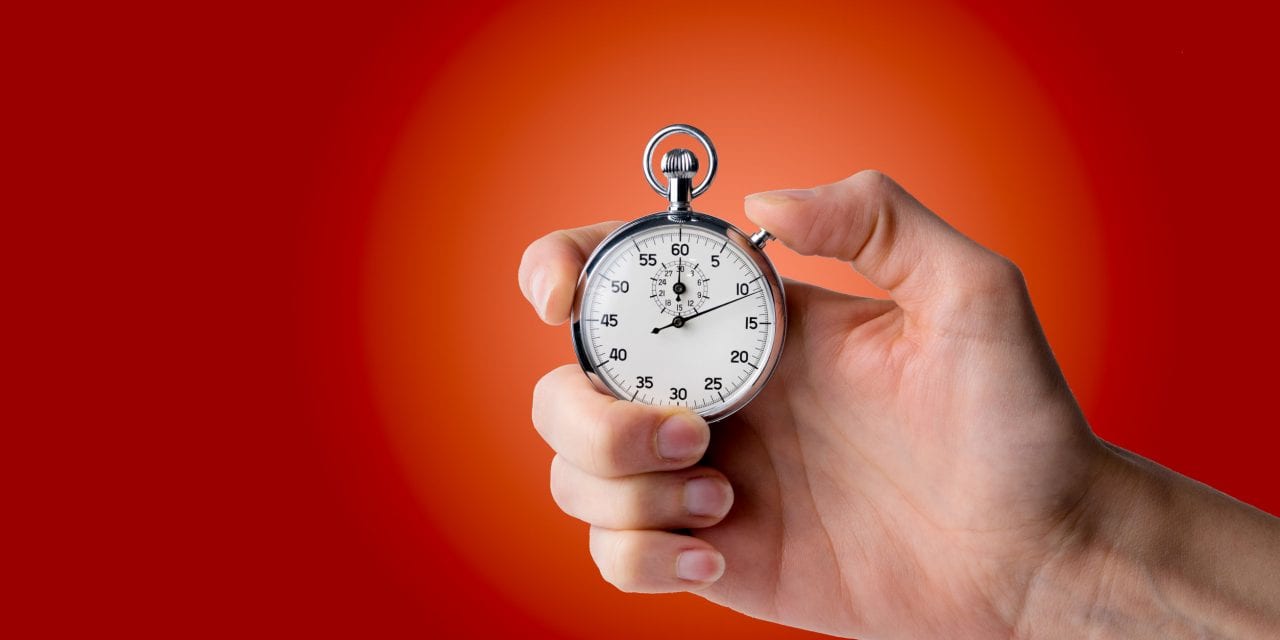Incentives to lower response time are not a bad idea.
By Susan Saldibar
Good data is always useful, especially when it’s been collected over a longer period of time. So my ears pricked up when Jacquie Brennan, Vice President of Operations for Vigil Health Solutions (a Senior Housing Forum partner) told me that she had some data to share.
The Vigil Cloud has over 300 sites connected to it. The cloud data is used to support Vigil’s mobile application as well as their cloud reporting tool. Would you be surprised to know that the Vigil Cloud processes one call per second or nearly 90,000 calls per day? That’s some serious volume with over 300 calls per site in one day! They also capture staff response times based on call types and resident care levels. And this is where it gets really interesting. Jacquie tells me that the average staff response time to “emergency” calls is under 6 minutes, while regular calls are closer to 8 minutes.
Are 6-8 minutes long? Yes and no.
My first reaction is that 6-8 minutes is a long time. Even a 3-minute response to an emergency call seems long. If I was in a bad way and pressed the call button that 3 minutes would seem like an eternity. But there is a lot packed into that 6-8 minutes, Jacquie tells me. For one thing, staff needs to detach themselves from what they are doing and then get to the location of the call. And that can take some time. “The other thing to keep in mind is that, in an emergency, a nurse is more likely focusing on the medical needs of the person first and resetting the call system second,” she tells me. That makes sense. And yet . . .
Incentives to lower response time are not a bad idea.
The image of vulnerable seniors pressing call buttons and waiting even a few minutes for help is unsettling. Is it just me? Maybe it is. But Jacquie tells me that some communities are incentivizing their staff to lower that response time. “We’ve been hearing about communities using a bonus program to reward staff for keeping response times low,” she says. “One I know of has average response times closer to 4 minutes for all types of calls. They are using our automated email reports to check response times every morning so they are staying on top of them.” That’s encouraging. And yet . . .
More numbers, more questions.
Poking around the internet, I came across a JAMA article on a study, conducted back in 2015, examining call times in a children’s hospital. While clearly a different environment and demographic group, I have to believe some of these trends would be present in assisted living and post-acute care communities.
Here are three that popped out:
-
Average response time when family members are present at a bedside, 6.3 minutes; when not, 11.7 minutes. So, when the cat’s away . . .
-
Average response time when nurses have <1-year experience, 4.4 minutes; when > 1-year experience, 8.8 minutes. So, younger, more idealistic nurses are more motivated . . .
-
Each hour elapsing during a nurse’s shift was associated with a 15% longer response time. So, as fatigue sets in, so do longer response times . . .
After reading that average response times in children’s hospitals are still 4.4 minutes, at best, it makes me wonder what a reasonable expectation should be for senior living. If average response times to emergency calls are 6 minutes should we as an industry be celebrating? Or hanging our heads?
Something to think about.
For more information on Vigil Health Solutions, please visit their website:
Download a PDF copy of this article by clicking on the button below:










